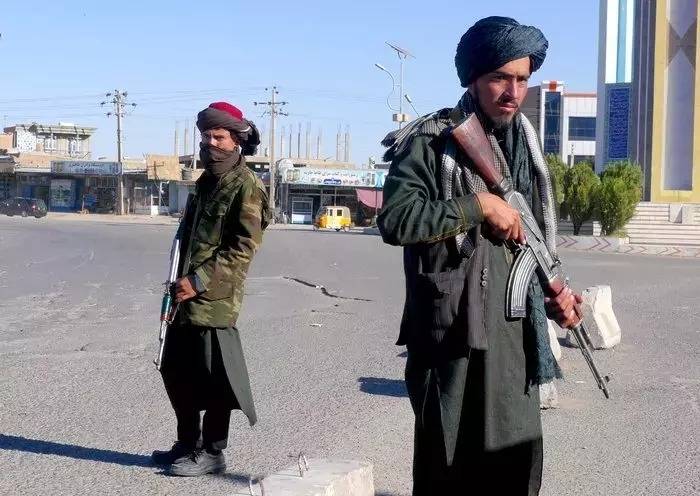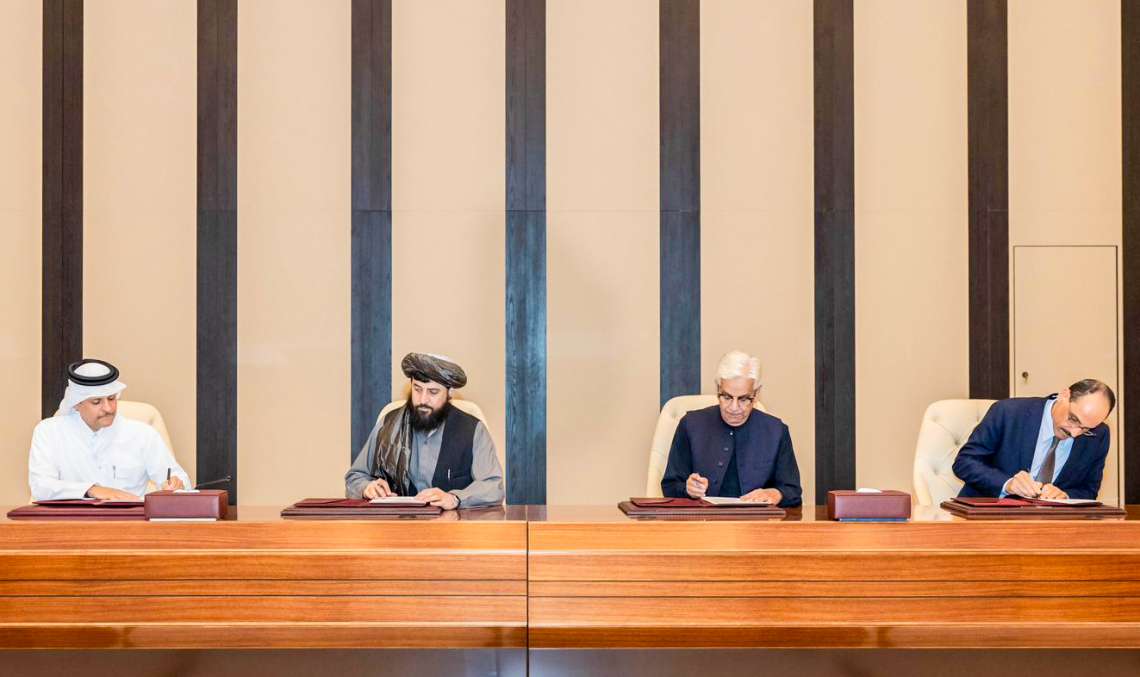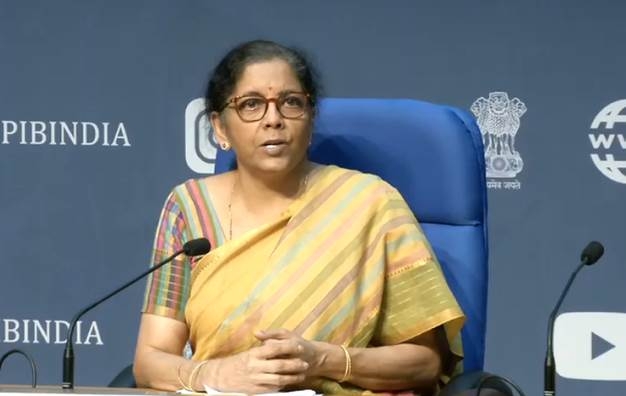The United Nations warns that more than 97 per cent of Afghans will fall into poverty before summer, and the Afghan economy appears to be in free fall…reports Asian Lite News
The Taliban promised a new era of peace and prosperity but six months later, few in the country are content with their new rulers, RFE/RL reported.
More than a million Afghans have fled reprisals, persecution, and a worsening humanitarian and economic crisis. Some 23 million people, the majority of the country’s population of 39 million, face starvation. More than 1 million children are in danger of dying from malnutrition. And despite an end to the fighting, 3.5 million Afghans remain internally displaced, the report said.
The situation has cast a pall on the idea that the freedoms and rights enshrined in Afghanistan’s partially defunct constitution will ever be honoured under the Taliban, whose government remains unrecognised worldwide. And with international aid and trade dwindling to a trickle, the aspirations of many Afghans have turned from hope of a better life to mere survival, the report said.
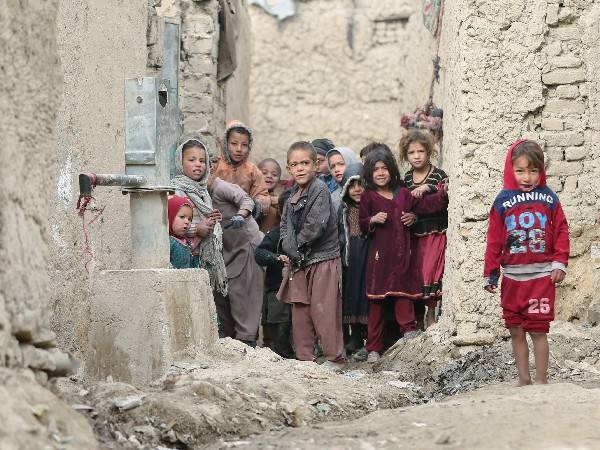
Before the Taliban takeover, Afghanistan was already one of the world’s most impoverished and aid-dependent countries. Ahead of the withdrawal of foreign forces, many foreign companies and aid agencies also pulled out, and foreign funding to the government ceased entirely after the Taliban restored its hard-line Islamic emirate, RFE/RL reported.
International donors have since pledged billions in humanitarian aid designated to restore health care, education, and to provide food aid, but there are significant hurdles when it comes to delivering on those promises.
The United Nations warns that more than 97 per cent of Afghans will fall into poverty before summer, and the Afghan economy appears to be in free fall.
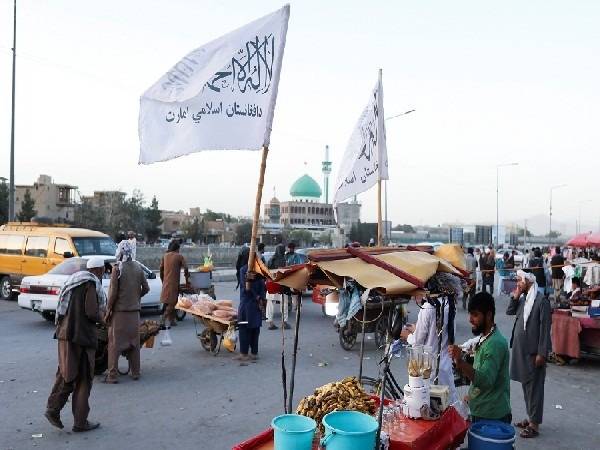
The country’s trade has dramatically shrunk as international markets for Afghan produce have dried up. This week, hope for an injection of cash to keep the Afghan economy afloat suffered a major blow after US President Joe Biden issued an executive order to split $7 billion of frozen Afghan national bank reserves into humanitarian aid and payments for the victims of the September 11, 2001, terrorist attacks in the US.
A half-year later, the United Nations and human rights watchdogs continue to report grave abuses. The UN Assistance Mission in Afghanistan “continued to receive credible allegations of killings, enforced disappearances, and other violations,” UN Secretary-General Antonio Guterres said in a report to the Security Council late last month.
Afghan women have endured the brunt of Taliban restrictions and discrimination. Most teenage Afghan girls are still waiting to return to school, while women have lost jobs, businesses, and the expanded societal roles they had gained over the past two decades, RFE/RL reported.


